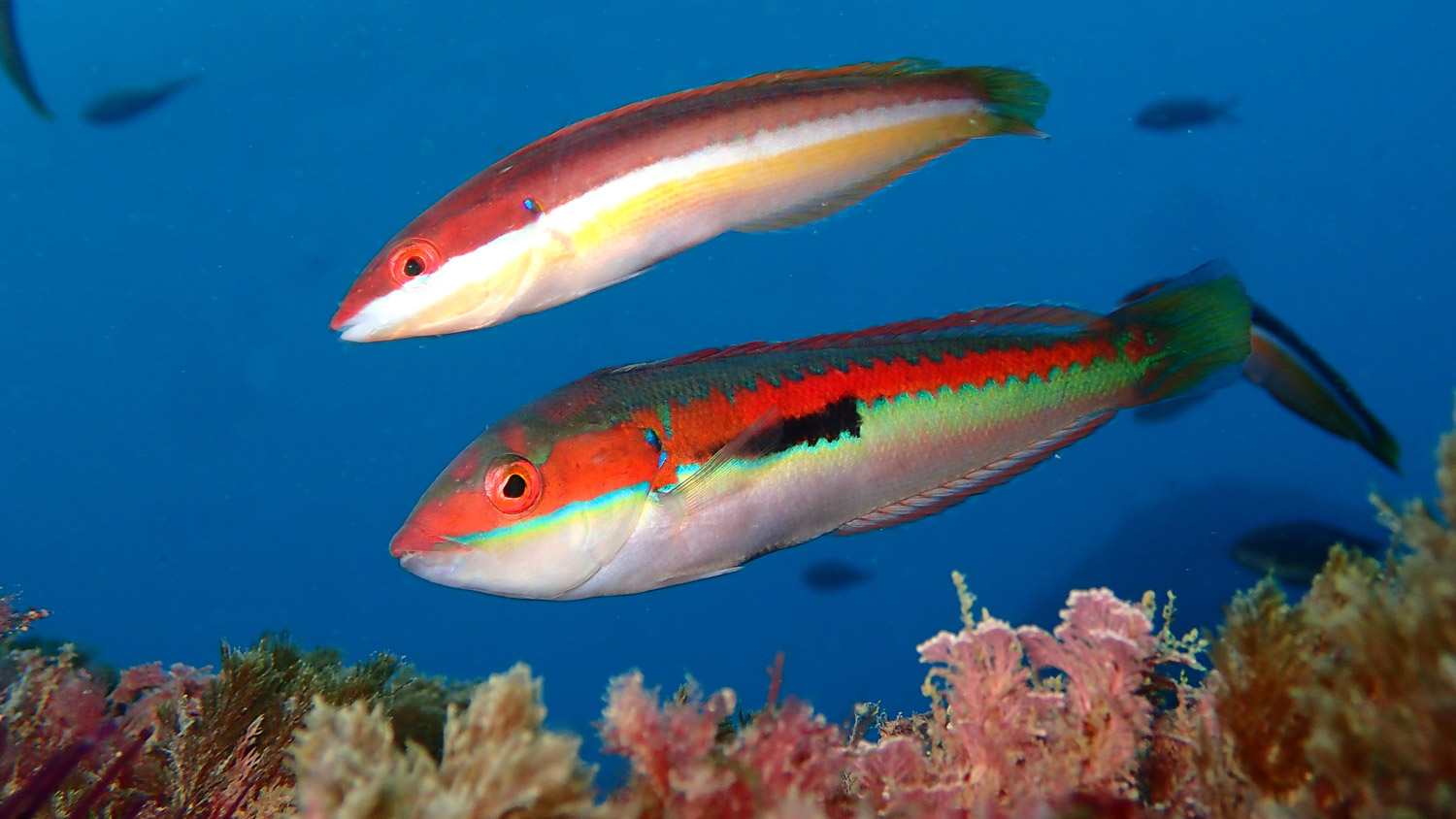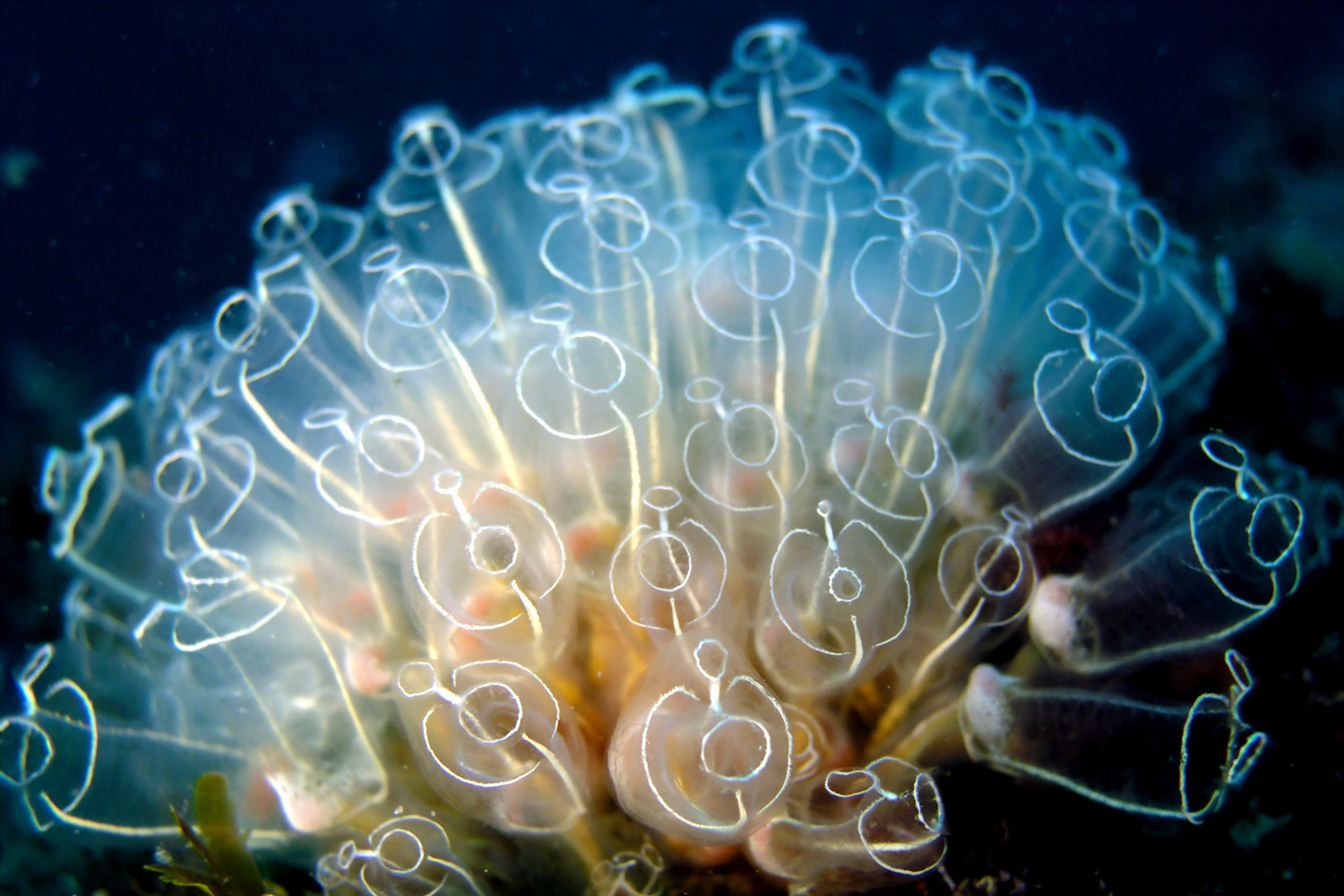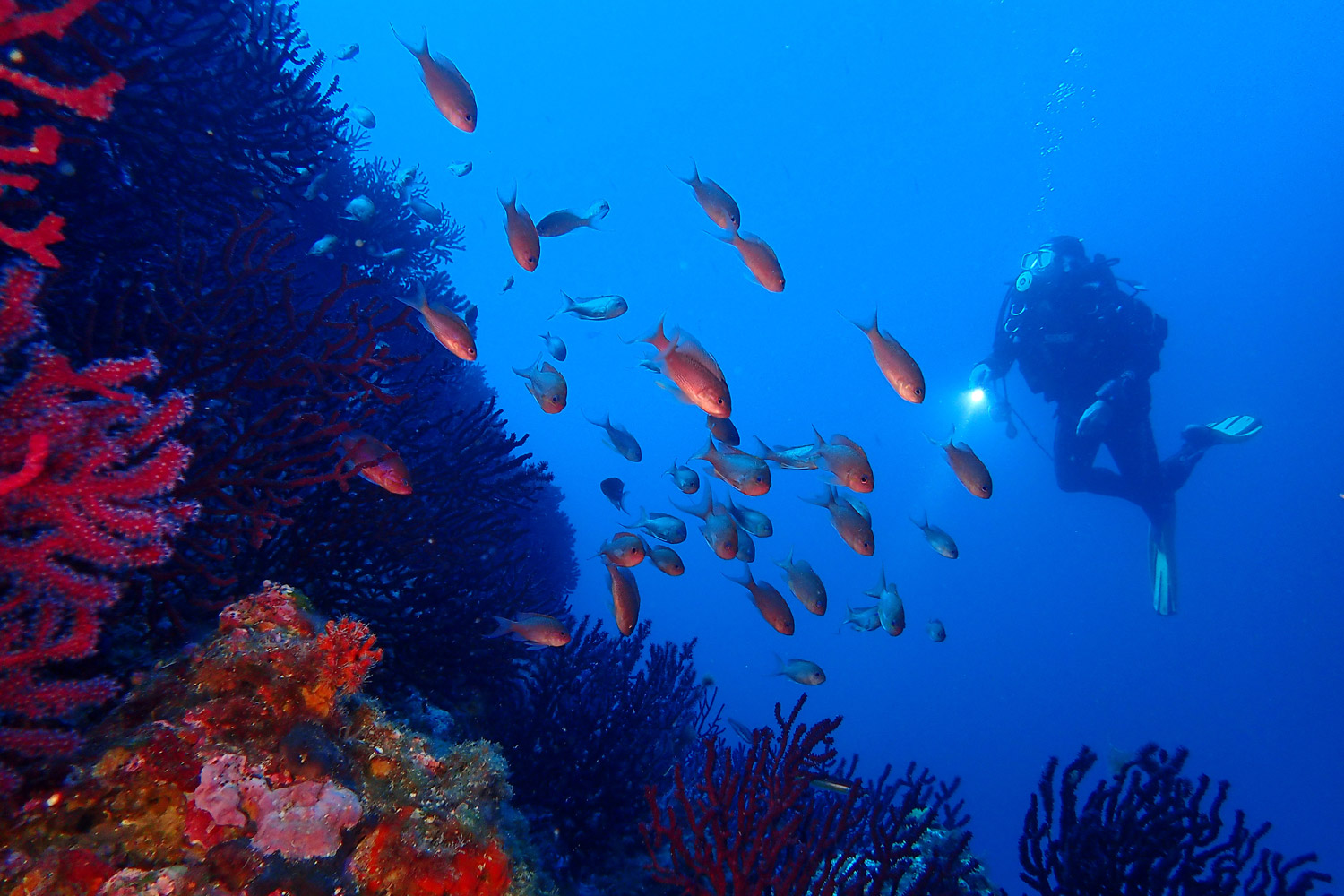Marine Reserves and Health
Marine reserves as a source of health
Marine reserves (or marine protected areas) are key to the topic of "Oceans and Human Health" as they play a critical role in preserving both marine ecosystems and human health and well-being
There is a growing body of scientific evidence outlining the important role played by marine reserves in maintaining marine diversity, protecting marine habitats and preserving fish stocks. However, it is still relatively unknown how marine reserves can contribute to preserving people’s health by providing goods and services which are essential for health and well-being. Examples are healthy seafood, places to carry out healthy recreational activities, or plant and animal species of possible pharmacological interest (i.e. with bioactive potential, leading to the discovery of new drugs).
MedPAN is a network of marine reserves in the Mediterranean which promotes best practices for managing maritime and coastal areas

Marine reserves and the discovery of new medicines
The Oceans & Human Health Chair is exploring the possibility of developing new drugs in the future, and is studying how the bioactive potential of certain species can be protected by marine reserves. These species need to be studied and protected, and bioactive compound needs to be developed synthetically in the laboratory.

Marine reserves and fishery resources
The Oceans & Human Health Chair is currently studying how the omega-3 fatty acids contained in fish can be conserved using marine reserves, and therefore ensuring necessary stocks of omega-3 for future generations.

Marine reserves and recreational activities

The Oceans & Human Health Chair is also studying how marine reserves contribute to preserving marine ecosystems in places where tourists and locals do water sports and activities which help them keep physically and mentally fit.


















